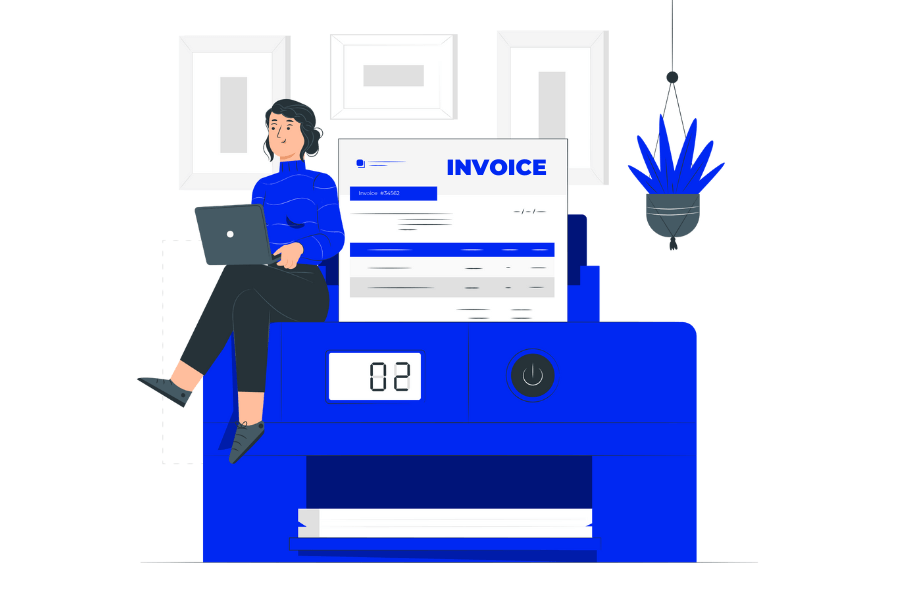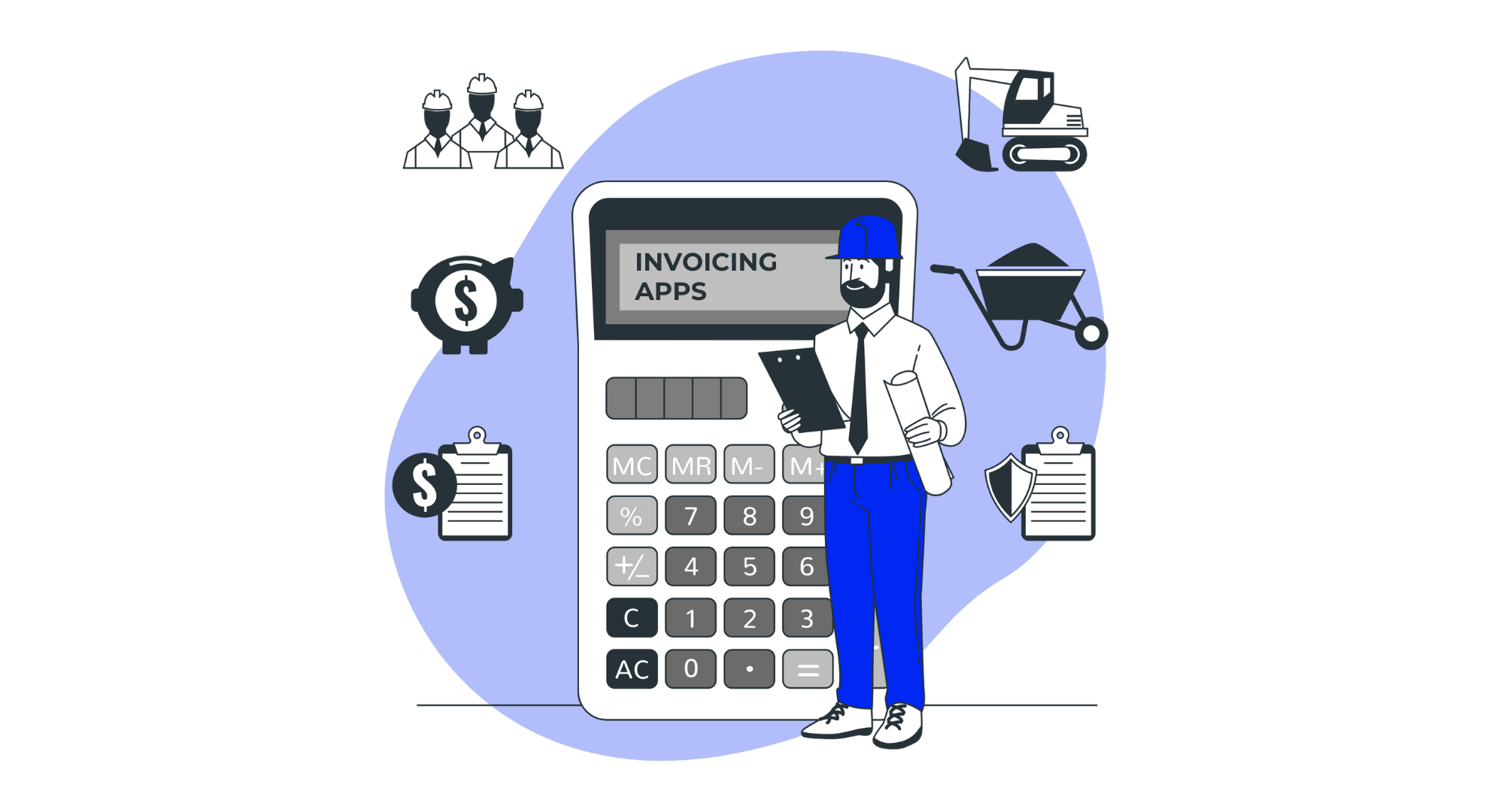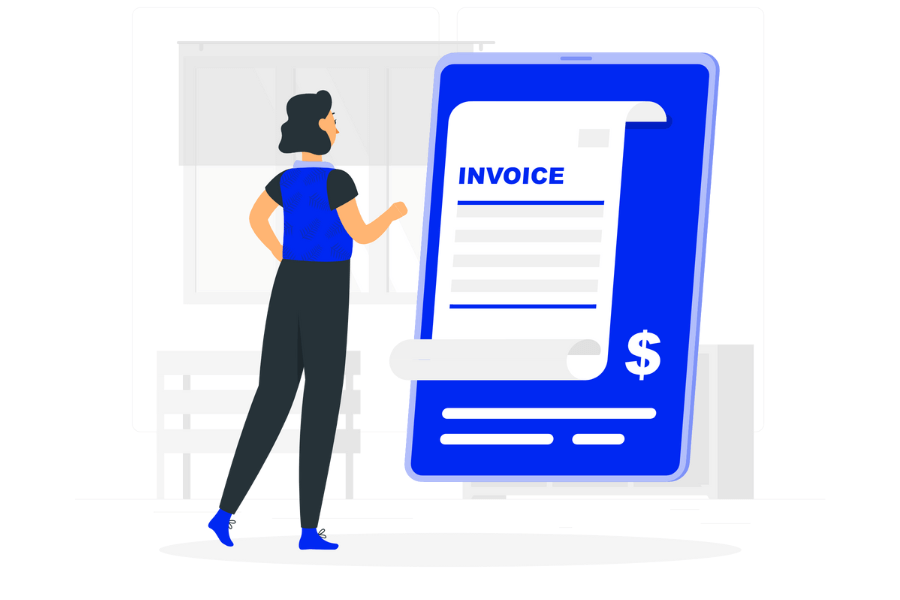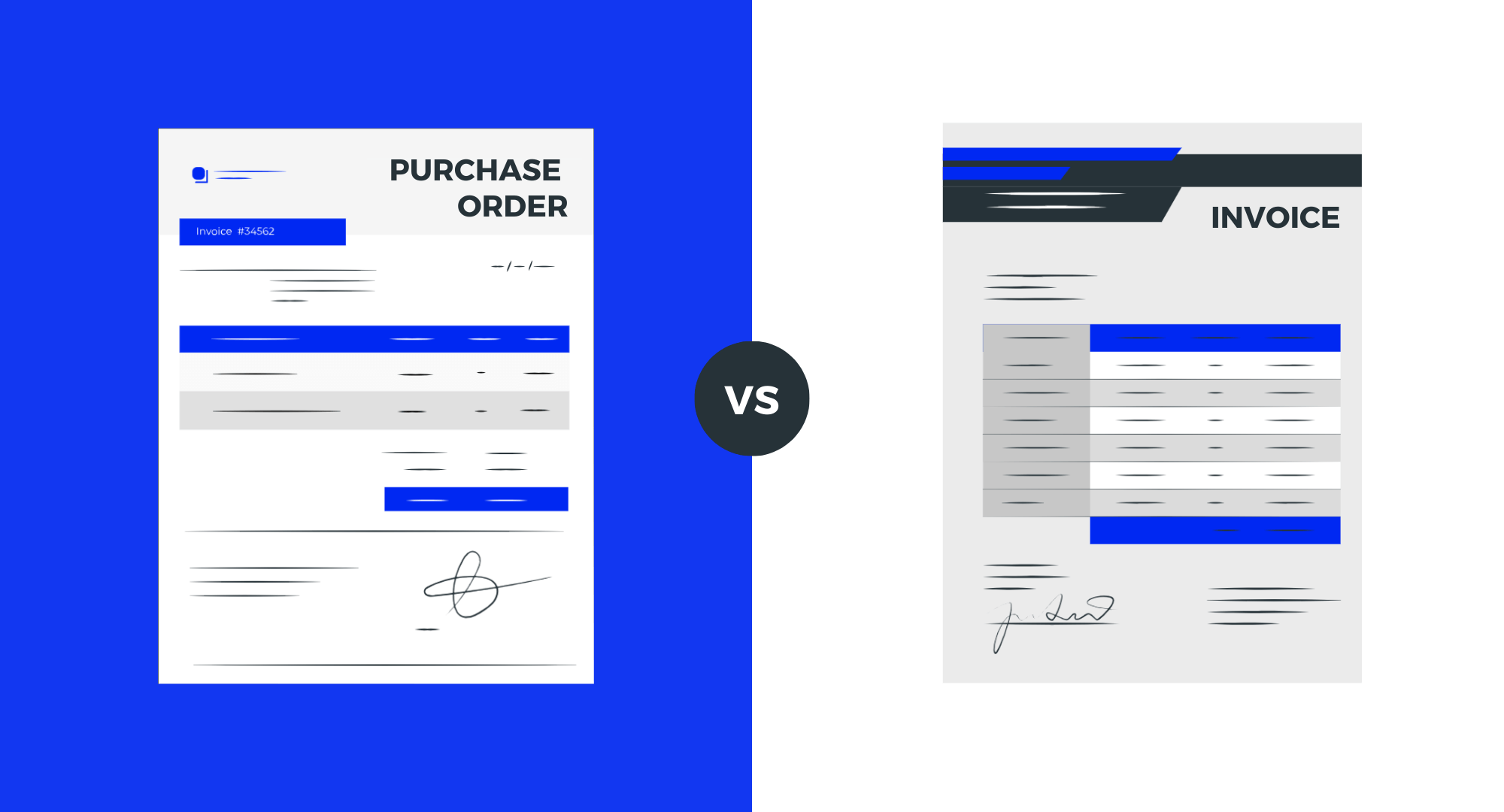
In the business world, market research is your compass. It guides you toward understanding your customers, competition, and industry trends. While larger corporations may have ample resources for comprehensive research, as a small business owner, you need cost-effective strategies to gain valuable insights and stay competitive.
This guide is tailored to small business owners searching for cost-effective market research methods. By combining these strategies, you can empower your small business with the knowledge needed to flourish in an ever-competitive market.
Dive deep into our comprehensive guide on establishing a successful startup, offering insights, tips, tools and best practices to ensure your venture thrives in today’s competitive landscape.
Ready? Let’s dive into 12 insightful market research methods that will help your small business to thrive without breaking the bank.
Market Research Ideas On A Budget
1. Create Online Surveys
Creating online surveys using free tools like Google Forms or SurveyMonkey is an easy way to crowdsource input and opinions and gather valuable data. Ask your existing customers about their preferences, needs, and pain points and if there are ways, they think you can improve. It’s a great idea to add links to these surveys in your invoices to encourage feedback, helping you to refine your offerings. You can easily start with survey templates.
Not certain how to draw in new customers? Check out our article for guidance.
2. Utilize Social Listening
Social listening or social media listening is exactly what it sounds like. You can monitor conversations on social media platforms related to your industry or niche to see what people say about your business, pricing, service, and everything else. Social listening tools like Brand24, Mention, and Hootsuite can help you track brand mentions and customer sentiment to gain insight into market trends and customer preferences.
3. Explore Competitor Analysis
Your business shouldn’t exist in a bubble, and keeping tabs on your competitors is an easy way to do market research that costs nothing more than your time. Analyze your competitors’ websites, social media profiles, and customer reviews to see what they’re doing well and where they’re falling short. This information can inform your business strategies and customer engagement techniques.
4. Tap into Public Data Sources
Government websites, industry publications, and libraries offer a wealth of free data. Research demographic trends, economic indicators, and market statistics specific to your area or industry to see where there are gaps or potentially spot any problems.
Web scraping techniques can help you collect and organize this public data more efficiently, saving you valuable time in your research process.
5. Engage in Online Communities
Joining online forums, groups, or communities where your target audience is can be a good way to learn more about them. Make time to participate in discussions, ask questions, and observe what matters most to potential customers to better understand their pain points and needs, and how you can meet them.
6. Leverage Email Surveys
Your email list is a valuable asset for market research. Send out short surveys to your subscribers, asking for their opinions on your products or services. To encourage participation, you can offer incentives like discounts or exclusive content. Your invoices can also include links to these surveys, making it convenient for customers to provide feedback.
The pricing strategy for your products and services plays a crucial role in your business’s success. It’s a valuable piece of information that can greatly influence purchasing decisions. To ensure you’re on the right track, consider seeking feedback from your customers about your pricing structure and any potential adjustments.

7. Attend Virtual Trade Shows and Webinars
In the last few years, many industries have shifted to virtual events. Attending webinars, virtual trade shows, or industry-specific online conferences provide insights into the latest trends, consumer preferences, and emerging technologies. You can also engage with speakers and fellow attendees to gather valuable market intelligence and learn more from professionals in your field.
8. Monitor Website Analytics
Free tools like Google Analytics are incredibly valuable, as you can use them to track user behavior on your website. Analytics tools allow you to analyze which pages receive the most traffic, where visitors drop off, and which products or services generate the most interest. This data can guide your website improvements and marketing strategies.
In fact cloud-based website monitoring is an excellent holistic option that keeps customers engaged with your online presence by ensuring you can provide a consistent experience whenever they visit your site. Having a direct line to performance data lets you minimize downtime, pinpoint and troubleshoot issues efficiently, and enhance the security of your site so that user trust is preserved.
9. Encourage Online Reviews
A staggering 98% of people look at online when looking up local businesses. But reviews don’t just benefit customers, they benefit your business too. You can think of online reviews as free market research as they tell you what you’re doing right—or wrong. List your business on Google My Business, Yelp, Facebook, and as many other platforms as you can find that are relevant to your customer base. Keep a close eye on how people rate you and what they say, and always respond, whether the feedback is positive or negative.
10. Act on Customer Feedback
After gathering feedback, you must act on the insights you receive. You can use the data to improve your products, services, or customer experience, and you let customers know you’ve done so. It’s easier to analyse customer feedback with AI and, after that, you can use the data to improve your products, services, or customer experience, and you let customers know you’ve done so. This proactive approach not only demonstrates your commitment to your customers but also fosters loyalty and trust.
Additionally, consider exploring outsourcing for startups to efficiently leverage external expertise in areas like customer support or data analysis, allowing your team to focus on core competencies and overall business growth.
11. Partner with Local Business Associations
Joining local business associations or chambers of commerce can provide access to valuable market data and networking opportunities. These organizations often conduct surveys or share industry reports that can benefit your business. Additionally, networking with fellow business owners can lead to informal market insights and collaborations. Staying active in your local business community helps you to stay informed and connected.
12. Tap into Academic Resources
Many universities and colleges have research departments that conduct studies on various industries and market trends. Reach out to academic institutions in your area and inquire about available research reports or partnership opportunities. Collaborating with academic researchers can provide access to valuable data and expertise to inform your business decision, and it won’t cost you a cent.
Numerous studies delve into the business environment, including those that focus on remote work statistics.

Integrating Invoicing for Enhanced Customer Engagement
As you explore these cost-effective market research strategies, consider integrating invoicing as part of your customer engagement efforts. Billdu, known for its efficient invoicing features, can help you achieve this by including a survey link in your invoices.
Imagine attaching a simple survey at the end of your invoices, asking customers for feedback on their recent purchases or overall experience with your business. This approach not only demonstrates your commitment to customer satisfaction but also provides you with direct, actionable insights. You can inquire about product preferences, service quality, or suggestions for improvement.
By combining market research with invoicing, you’re creating a seamless feedback loop that not only benefits your customers but also empowers your business to make data-driven decisions. Invoicing becomes more than just a transaction; it becomes an opportunity to strengthen customer relationships and gather valuable market insights.
Conclusion
In the competitive landscape of small businesses, being resourceful is key. With these cost-effective market research strategies and the integration of invoicing for enhanced customer engagement, you’ll be well-equipped to navigate the ever-evolving market and position your small business for growth and success.











